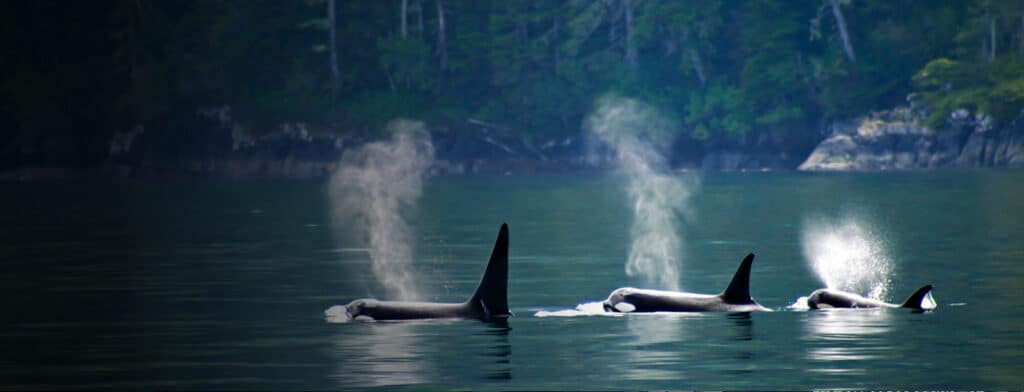
Media
Search
Categories
Issues
Projects
-
Groups Call on Lawmakers to Back Green New Deal
A coalition of progressive organizations this week will convene a week of action across the country which is set to include hundreds of events, tens of thousands of phone calls and the delivery of ove…
-
Press conference regarding the economic and climate damage that would results from Duke Energy’s proposed 15-year plan
Local government officials and organizations urge North Carolina Utilities Commission to deny Duke Energy’s 2018 Integrated Resource Plan.
-
DOJ Releases Formal Approval of Toxic Mega-Merger between Bayer and Monsanto
The approval of the Bayer Monsanto merger is a disaster for American farmers and families. This toxic mega-merger will only further entrench the failing model of chemical intensive agriculture, which…
-
The dubious fanfare about BlackRock’s social purpose
If you look at BlackRock’s actual investments, you could be forgiven for thinking that their purpose is to drive civilization off the climate cliff while profiting from the wreckage.
-
A Green New Deal to Save People and the Planet
The real answer to the climate change crisis lies in changing the way we manage, extract, use and distribute Earth’s natural resources.
-
626 Groups Urge Congress to Phase Out Fossil Fuels, Build Green Economy
We need action on climate that ends our dependence on dirty energy, puts power in the hands of communities and provides good jobs. If candidates and elected officials say they are committed to climate…
-
Undoing the damage Pruitt and Zinke did to our environment
Scott Pruitt and Ryan Zinke seemingly handed the EPA and DOI over to corporate polluters. They debased these agencies and endangered public health. Americans are relying on the Democrats to stand up…
-
Civil Society Groups Vow to Oppose “Hateful Rhetoric, Violence, Intimidation and Persecution” by Bolsonaro Government
The election of right-wing extremist Jair Bolsonaro as Brazil’s next president represents a crisis for indigenous rights, the Amazon rainforest, and our global climate.